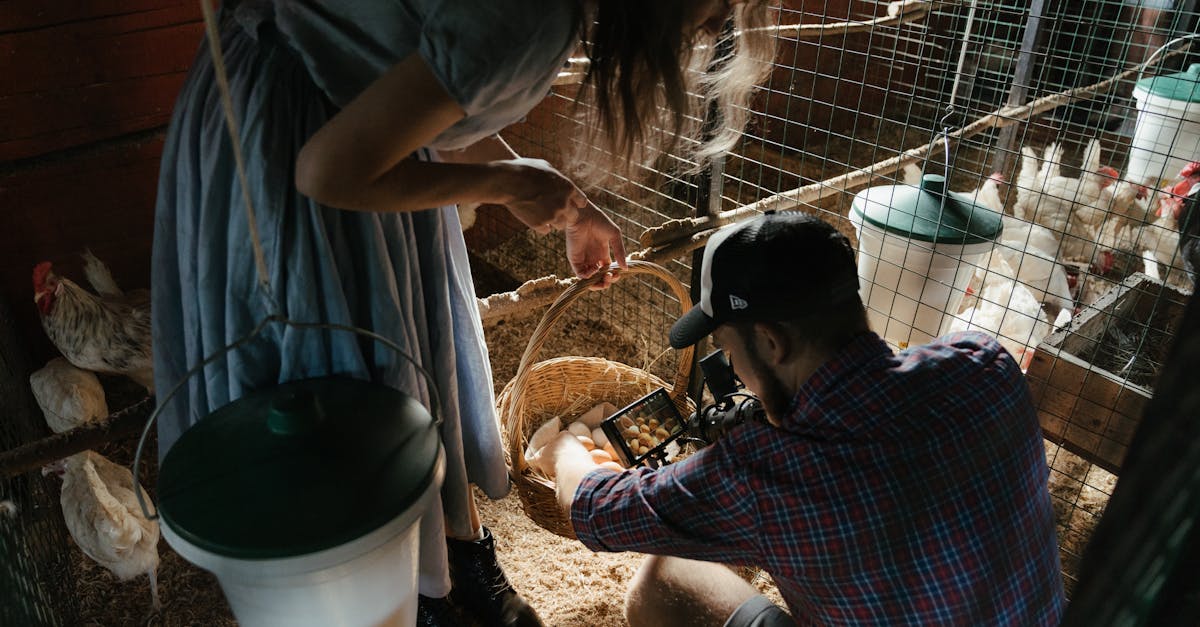The Grassroot Institute of Hawaii recently submitted testimony to the Hawai'i County Council, urging them to consider a proposal that would enable household hennery owners to sell their produce for extra income. This initiative, presented to the council on November 5, 2025, aims to support local food production and provide economic opportunities for residents. The proposal highlights the potential for small-scale agricultural businesses to thrive within the existing residential framework.
This push aligns with broader discussions about fostering self-sufficiency and supporting local food systems in Hawaii. The Grassroot Institute of Hawaii argues that allowing residents to sell hen-produced goods could be a significant step toward these goals. The organization has a history of promoting policies that aim to reduce barriers to entry for small businesses and entrepreneurs. Similar efforts have focused on relaxing regulations for 'cottage food' entrepreneurs, as highlighted in a recent article in the Hawaii Free Press.
The potential impact extends beyond individual households. Increased access to locally sourced eggs and potentially other hen products could benefit consumers, reduce reliance on imported food, and create a more resilient local food supply chain. Lawmakers are also considering propositions to bring about household henerries, as reported by Hawaii Public Radio. This policy change could also create new opportunities for investment in small-scale agricultural ventures and related services, such as feed and coop construction.
For entrepreneurs in Hawaii, this proposed policy presents an exciting opportunity to explore a potential new business model. This could be particularly attractive in a state where land is often at a premium. The key will be understanding the specific regulations and guidelines that are ultimately adopted and how to navigate any potential zoning restrictions or permitting requirements. It's likely that further discussions will be held on the specifics of the proposal and the implications for both residents and the broader Hawaii business landscape.



